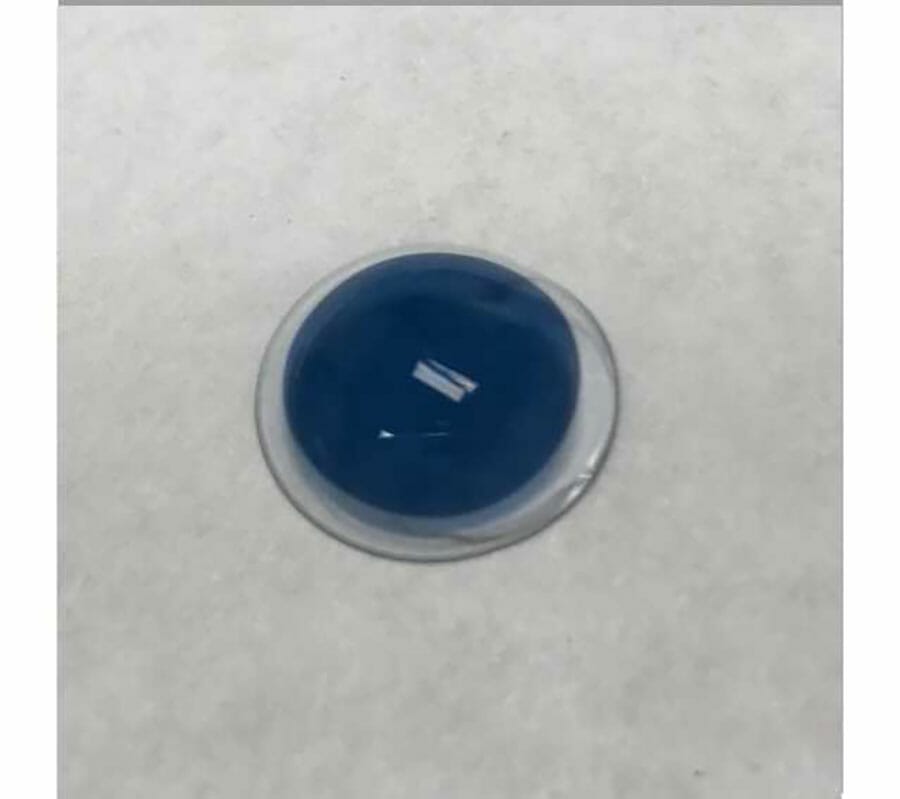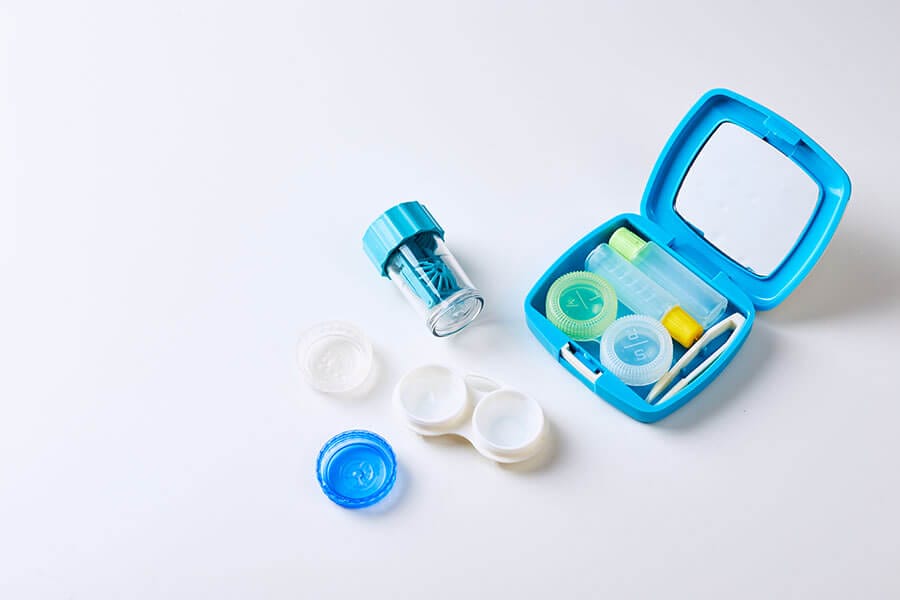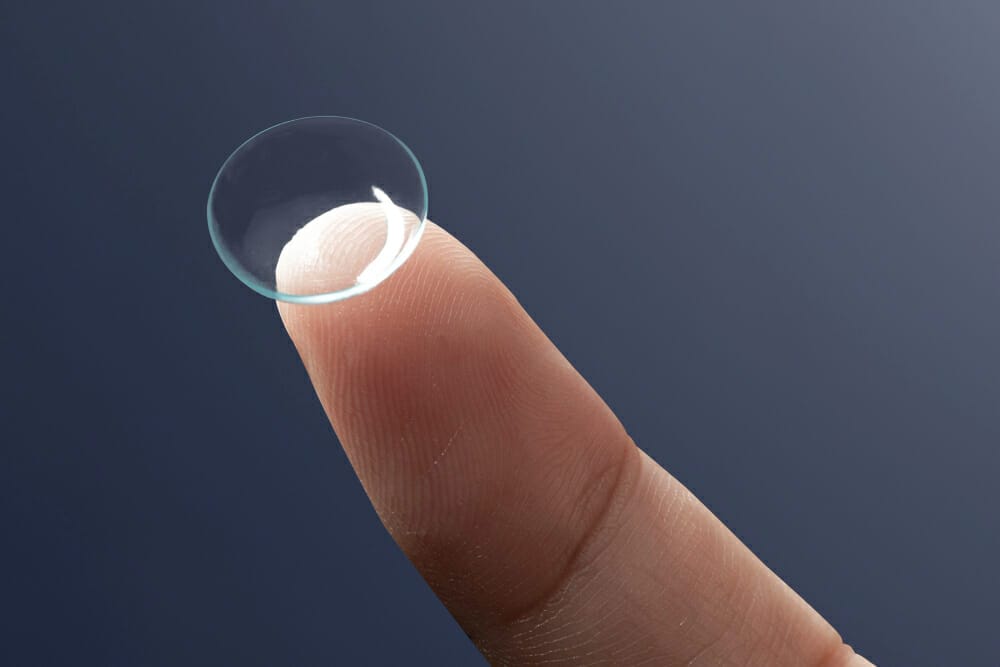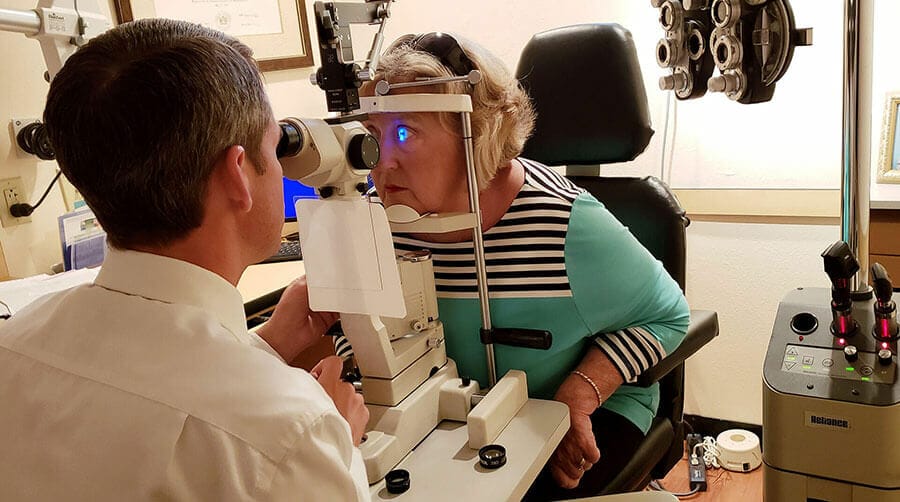Advantages of Daily Disposable Contacts
When it comes to dry eyes, environmental buildup is a major culprit; the more dirt you have on your lenses (whether it's pollen, bacteria, or proteins or lipids from your tears), the more irritation you'll feel. People with dry eyes usually do well when they use daily disposable contacts because they get a new pair every day. The protein deposits and other gunk that accumulates on the surface of daily contacts are also thrown out when they are discarded.
Monthly, weekly, and biweekly lenses need to be stored and cleaned regularly with contact solution. While it helps remove deposits from the lens, it doesn't completely remove wear and tear and deposit buildup. The contact lenses worn on a daily basis are usually thinner than the contact lenses worn on a longer-term basis. With a soft, thin build, the contact lenses integrate easier with the cornea and feel less like they are over your eyes. The use of daily contact lenses reduces the chance of getting an eye infection or other eye reaction like giant papillary conjunctivitis because of less buildup on your lenses.
Even though daily lenses are generally recommended for people with dry eyes, not everyone can benefit from them. A pair of longer-term contacts or scleral lenses may be more comfortable for some people, so it's wise to discuss the options with our optometrist beforehand and discuss your symptoms and lifestyle with our eye doctor.

















